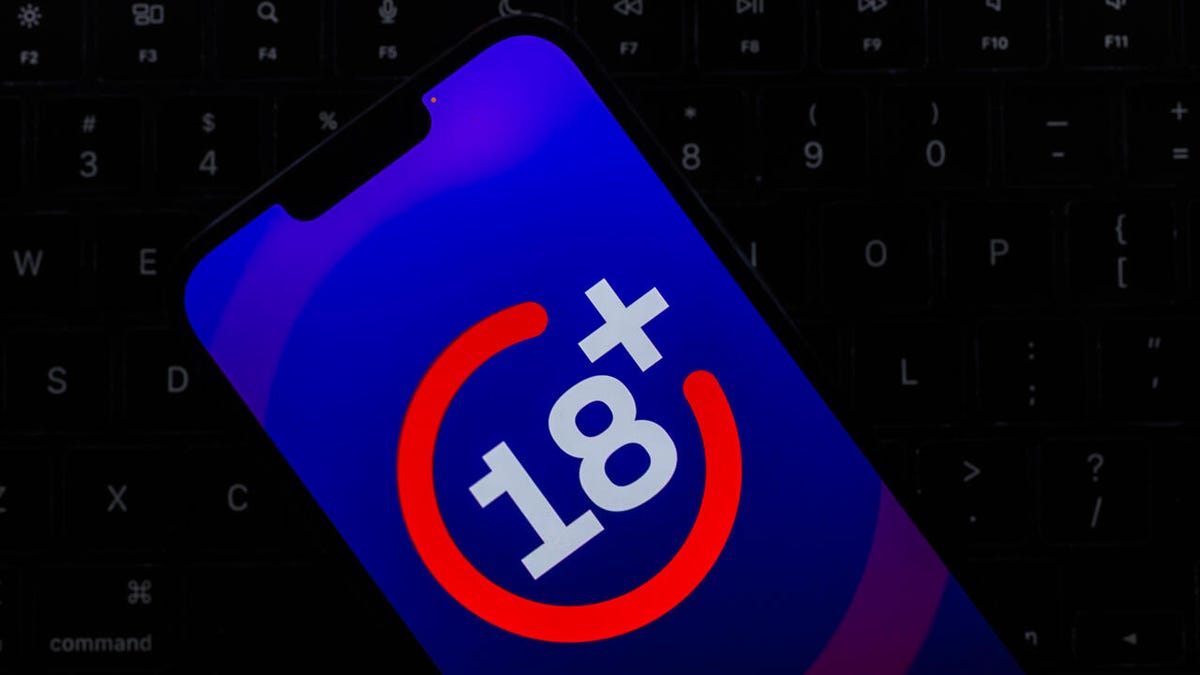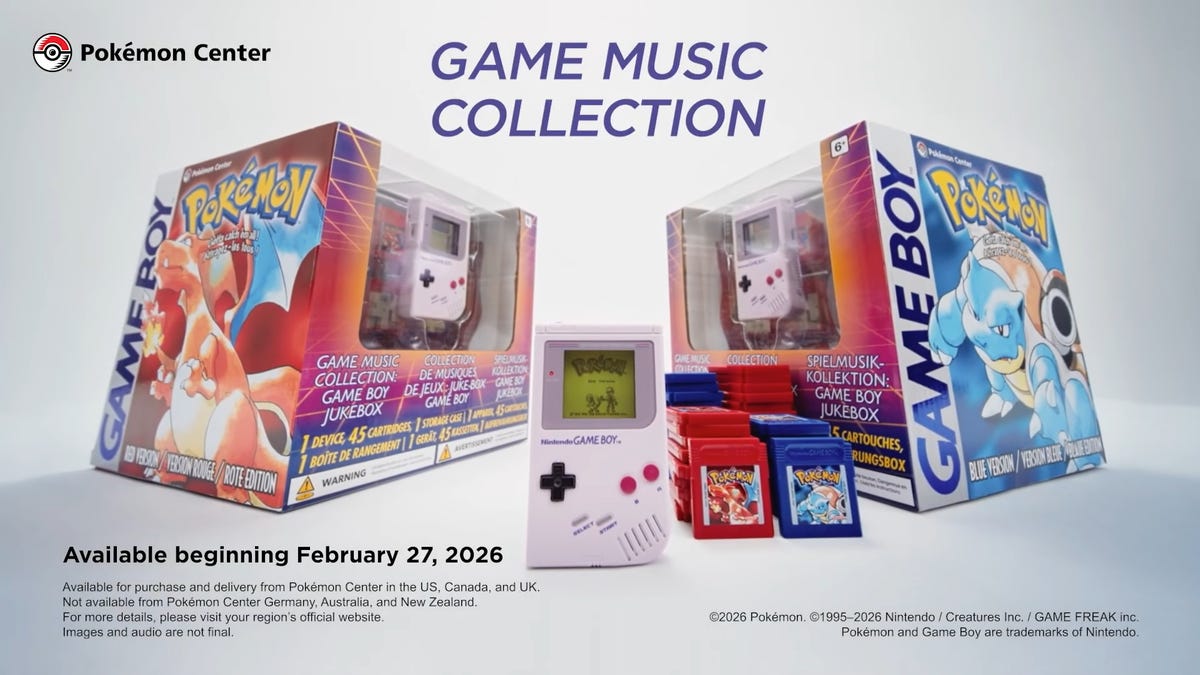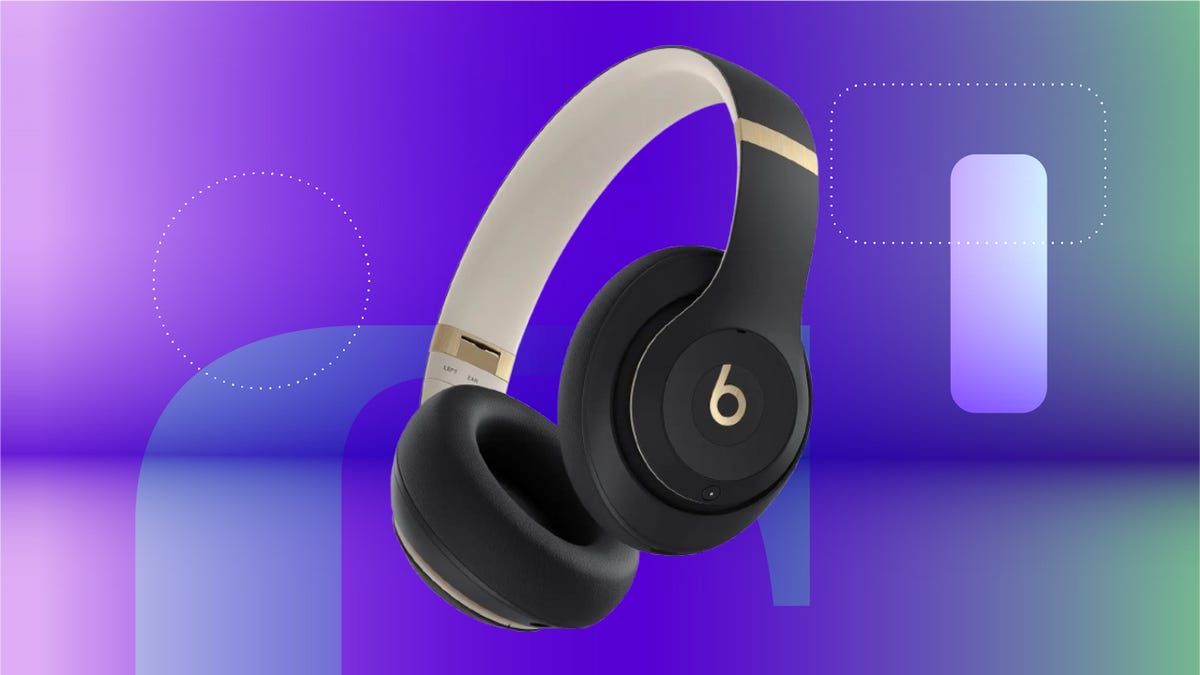Technologies
Welcome to the Era of Online Age Verification. Are You Ready to Identify Yourself?
The introduction of the UK’s Online Safety Act marks a shift in internet culture, the ripples of which are already being felt around the world.

Last Thursday morning I woke up to find I no longer had access to my messages on social network Bluesky. «You must complete age assurance in order to access this screen,» a pop-up notification told me.
It went on to say the local laws where I live mean that I need to verify I’m an adult to view mature content or send direct messages. I’m based in the UK, and the law Bluesky was referring to is the Online Safety Act, which came into force on Friday.
This piece of legislation requires web companies to ensure that people under the age of 18 don’t have access to harmful content, including porn and material relating to self-harm, suicide and eating disorders. If sites choose to allow this content, they must verify the ages of people using their platforms to confirm that they’re adults. Failure to do so could result in fines of £18 million or 10% of annual revenue, whichever is greater.
«Prioritising clicks and engagement over children’s online safety will no longer be tolerated in the UK,» Melanie Dawes, chief executive of regulator Ofcom, said in a statement. «Our message to tech firms is clear — comply with age-checks and other protection measures set out in our Codes, or face the consequences.»
Over the past few days, free VPNs shot to the top of the UK App Store charts as people have looked for ways to bypass the requirement to verify their ages. It should be noted that using free VPNs comes with it own set of risks, and isn’t recommended by online security experts.
The Online Safety Act might be a UK-specific law, but it affects companies based in the US and around the world, including Bluesky, Reddit, Discord, X, Porn Hub and Grindr — all of which have committed to «age-gating» features to protect young people from stumbling across harmful content.
It’s also emblematic of a bigger shift in internet culture, which is seeing age verification become a mainstream concern across the world. Increasingly, adults who want to keep accessing internet services, from mainstream social networks to porn sites, will have to prove their age. In other words, expect my Bluesky experience to be coming to the internet near you soon.
Earlier this month, the European Commission published an age verification app prototype that will help keep young people safe online in accordance with the EU’s Digital Services Act. We’re also starting to see the ripple effect in the US of the legislation the UK and EU have enacted, says Vaishnavi J, founder of online child safety consultancy Vys. Just last month, the US Supreme Court upheld a Texas law requiring porn sites to verify the age of all visitors.
«State laws, advocacy campaigns, and growing parental demand in the US are all converging around the need for age assurance,» said J, who previously worked in the policy teams at Meta and Twitter. «Combine that with rapid advances in the tech ecosystem, and it’s no longer a question of if the US adopts age verification, but how and when.»
Safety vs. privacy
The Wild West nature of the internet and the ability to be largely anonymous often blurs the lines between spaces occupied by children and adults in a way that doesn’t happen in the offline world. This means children are often exposed to content many would consider inappropriate or harmful. According to Ofcom’s own research, around 1 in 10 children in the UK between the ages of 8 and 14 have watched online pornography — an activity the new age verification rules are designed to prevent.
Making the internet safer for children might be necessary and admirable, but age verification policies have also come under fire from digital rights and privacy groups.
I’ve been covering the UK’s attempts to bring in age verification since 2016. The government at the time decided it was too difficult and ultimately decided not to push ahead with plans aimed at age-gating porn sites in 2019.
The main objection to the legislation was the same then as it is now. Asking people to share their government-issued identification with private companies poses a threat to their privacy.
«The British public is being forced to hand over sensitive personal data to unregulated age assurance providers if they want to have full access to platforms such as Reddit and Bluesky or to use dating apps such as Grindr,» said James Baker, head of programming at Open Rights Group, in a statement ahead of the Online Safety Act coming into force.
«The threats and harms of phishing and hacking are very real, and will cause people online harms,» he added.
Open Rights Group also criticized the fact that people aren’t being given the right to choose how they verify their age. A number of verification methods exist, including age estimation via video selfie (a method gaming platform Roblox announced it was introducing last week), banking or credit card checks, third-party digital ID services, mobile carrier checks or photo ID matching. It’s up to the individual service which method they want to adopt, which could leave people vulnerable to problematic privacy policies.
As with many internet rules, there’s always some level of tradeoff involved when making the online world safe. In many ways, the idea of age verification is «common sense,» Mariana Olaizola Rosenblat, tech policy adviser at NYU’s Stern Business School, wrote in a blog post this week. At the same time, she added, depending on regulations and methods chosen, age verification can introduce serious privacy, security and access risks.
«In some cases, the systems employed are so flawed that they fail to protect minors while also excluding adults who should have lawful access,» said Rosenblat. «Policymakers must understand and carefully weigh these tradeoffs before mandating age verification at scale.»
Many critics of age verification have also argued that verification will be ineffective due to the wide availability of VPNs and teens’ ability to circumvent any rules attempting to limit their internet use.
Whether age verification is truly effective at keeping kids safe online is a question that can only be answered as the Online Safety Act and similar legislation comes into force. In the meantime, I — and possibly you — will need to be prepared to prove our identities and our ages if we’re to continue using the internet in the way we’ve become accustomed to using it.
Technologies
A New Mini Game Boy Collectible That Just Plays Pokemon Music? What a Tease
A surprise collectible on Pokemon Day looks just like a tiny Game Boy and plays music on swappable cartridges. Give us the real Game Boy again, come on.

Nintendo sure does love teasing us with Game Boy things. First, a collectible Lego Game Boy model last year that almost looked like a real Game Boy (but wasn’t). Now, for the 30th anniversary of Pokemon, Nintendo and the Pokemon Group are selling a collectible music player that looks like a tiny Game Boy and plays authentic original Pokemon Red/Blue songs on swappable cartridges, one per song. The Game Boy Jukebox is being sold on the Pokemon Center site later today, for a price that hasn’t yet been listed.
This level of absurdity is standard issue for Nintendo: Just in the last 18 months we’ve had Alarmo, a talking Super Mario flower and a Virtual Boy recreation. This new collectible is so tempting precisely because it looks like a little, even more pocketable Game Boy. Except it isn’t a Game Boy at all. It’s just a music player. Even the dot-matrix «screen» is fake — it’s just an overlay that the cartridges display when they’re slotted in.
The music this thing plays is Game Boy-accurate, down to the little boot-up ping. It just makes my skin itch for a new Game Boy (that isn’t one already made by several other companies).
But come on. Make a real Game Boy collectible, with actual preloaded games on it. You know you want to, Nintendo. It’s only a matter of time.
In the meantime, if you’re desperate for all 45 Pokemon Red and Blue songs on a little Game Boy music player, now’s your chance.
Technologies
Pokemon Winds and Waves: First Mainline Games for the Switch 2 Are Coming in 2027
Following the recent release of Pokemon Legends: Z-A, The Pokemon Company announced its first mainline games exclusively for the latest Nintendo console.

Pokemon Winds and Waves, the first mainline games in the series to come to the Nintendo Switch 2, were launched on Friday, the franchise’s 30th anniversary, on a special Pokemon Presents livestream. They will be released in 2027 exclusively on the Switch 2.
Following the precedent set by Pokemon Scarlet and Violet, the new games seem to be set in a fully explorable open world. The new playable region is scattered across multiple islands, with wide swaths of ocean between them.
The distinct split between water and land harkens back to cherished gameplay mechanics from generation-3 Pokemon games Ruby and Sapphire, which were released in 2002.
As tradition dictates, we got our first look at the three new starter Pokemon, which are powerful pals that serve as the player’s first partner in an unfamiliar new place.
The grass-type starter, Browt, is a chickadee with a head that’s bulbous enough to invoke the Brain. The water-type, Gecqua, is a quadrupedal gecko with a cool attitude. And the fire-type starter, Pombon, is a super cute orange kitty with a mane that eclipses its body. (I suspect Pombon will quickly become a fan favorite.)
Fan-favorite Pokemon from previous games were also shown off. So far, we can confirm that Pikachu, Tympole, Wailord, Tropius, Carnivine and Frillish are in the cast of monsters to be caught in the next mainline Pokemon games, among other older creatures. Many of the returning Pokemon seem to fit into the island theme, residing in volcanic caves, marshy swamps and underwater coves.
It’s been four years since the last mainline Pokemon games — Pokemon Scarlet and Violet — were released for the Nintendo Switch.
While those games were lauded by some fans for their open world and more freeform approach to telling a Pokemon story, they were held back by poor performance and game-breaking bugs on Nintendo’s first hybrid console. Nintendo will hope that Pokemon Winds and Waves — games built for, and exclusive to, the more powerful Switch 2 hardware — will fare better when it comes to in-game performance.
Pokemon Winds and Waves may be the first traditional Pokemon games for the Switch 2, but they aren’t the first ventures into the world of pocket monsters in recent years.
The recently released Pokemon Legends: Z-A introduced a whole new battling system, moving away from the turn-based mechanics the franchise has been known for since 1996. Pokemon Pokopia, an Animal Crossing-style game that will be released next month, is also primed to bring pocket monsters to cozy gaming spaces.
Both games will tide fans over until they can dive into the watery world of Pokemon Winds and Waves next year.
Technologies
Dance Like No One’s Watching With the Beats Studio Pro, Now $150 Off in a Best Buy Exclusive Color
This color is only available at Best Buy and you can grab it for just $200 if you’re quick.

Best Buy is offering the Beats Studio Pro in gold and black for $200, knocking $150 off the usual $350 price tag. That’s a significant discount on this stunning pair, so if you’ve had them on your wishlist, now is the time to make the move.
The Beats Studio Pro headphones earned a CNET review score of 8 out of 10, and offer two distinct listening modes: Active Noise Cancellation and Transparency mode. In his detailed review, our audio expert David Carnoy appreciated the effectiveness of their noise canceling. According to him, the ANC mode comes close to what you’d get from top-tier models from Sony and Bose, while the Transparency mode lets outside sound in naturally.
These play nicely with Apple and Android devices, and one-touch pairing makes it easy to connect within minutes. Battery life lasts up to 40 hours on a single charge and a quick 10-minute top-up gets you an extra four hours of listening time to keep the music going.
Voice calls get a boost, too. The pair comes with voice-filtering mics that cut out background noise, so you won’t just hear clearly; you’ll be heard just as well.
HEADPHONE DEALS OF THE WEEK
-
$248 (save $152)
-
$170 (save $181)
-
$398 (save $62)
-
$200 (save $250)
Why this deal matters
The Beats Studio Pro are excellent headphones that deliver immersive sound and a comfortable fit. This deal knocks $150 off the regular $350 price, so you can grab them for just $200 today. In our experience, deals this good don’t last long, so it’s best to act fast if you want to snag a pair.
-

 Technologies3 года ago
Technologies3 года agoTech Companies Need to Be Held Accountable for Security, Experts Say
-

 Technologies3 года ago
Technologies3 года agoBest Handheld Game Console in 2023
-

 Technologies3 года ago
Technologies3 года agoTighten Up Your VR Game With the Best Head Straps for Quest 2
-

 Technologies4 года ago
Technologies4 года agoBlack Friday 2021: The best deals on TVs, headphones, kitchenware, and more
-

 Technologies5 лет ago
Technologies5 лет agoGoogle to require vaccinations as Silicon Valley rethinks return-to-office policies
-

 Technologies5 лет ago
Technologies5 лет agoVerum, Wickr and Threema: next generation secured messengers
-

 Technologies4 года ago
Technologies4 года agoOlivia Harlan Dekker for Verum Messenger
-

 Technologies4 года ago
Technologies4 года agoiPhone 13 event: How to watch Apple’s big announcement tomorrow
